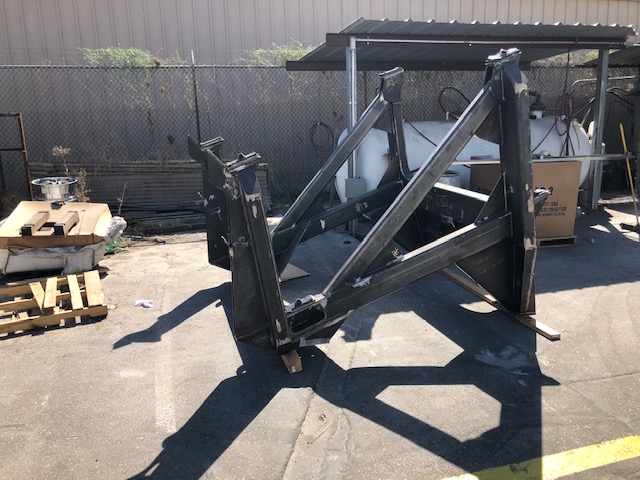MILITARY ∙ MEDICAL ∙ AEROSPACE ∙ ELECTRONICS ∙ SEMICONDUCTOR ∙ CONSTRUCTION
The International Traffic in Arms Regulations (ITAR) is a set of United States government regulations that control the export and import of defense-related articles, services, and technologies listed on the United States Munitions List (USML). Here are key points about ITAR:
- Purpose: ITAR regulates the export and temporary import of defense articles and services, including technical data, to protect U.S. national security and foreign policy interests.
- Administration: The U.S. Department of State’s Directorate of Defense Trade Controls (DDTC) administers ITAR.
- Coverage: ITAR applies to items and services designated on the USML. These can include firearms, military vehicles, aircraft, military training and equipment, satellites, encryption software, and more.
- Regulated Activities:
- Exporting, re-exporting, or temporarily importing defense articles or services.
- Providing defense services such as training, technical assistance, or logistics support.
- Transferring technical data related to defense articles.
- Requirements:
- Registration: Companies involved in manufacturing, exporting, or brokering defense articles/services must register with the DDTC.
- Licensing: Most exports and imports of defense articles/services require prior approval or a license from the DDTC.
- Compliance: ITAR requires stringent controls over the handling, storage, and dissemination of technical data related to defense articles, even within the United States.
- Penalties: Violations of ITAR can result in severe penalties, including civil fines, criminal charges, and debarment from future export activities.
- Exemptions: Some items and activities may be exempt from ITAR regulations, such as certain technical data shared by U.S. persons within the United States.
ITAR is a critical component of U.S. national security policy, aiming to prevent the unauthorized transfer of sensitive defense technologies and capabilities to foreign entities. It imposes significant responsibilities on companies and individuals involved in the defense industry to ensure compliance with U.S. export control laws.


